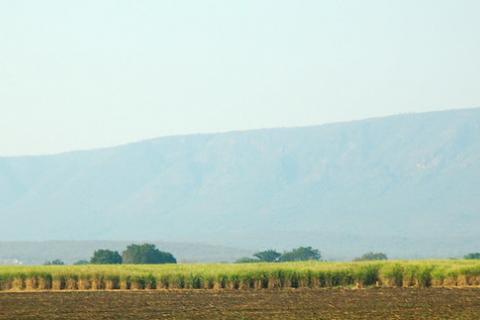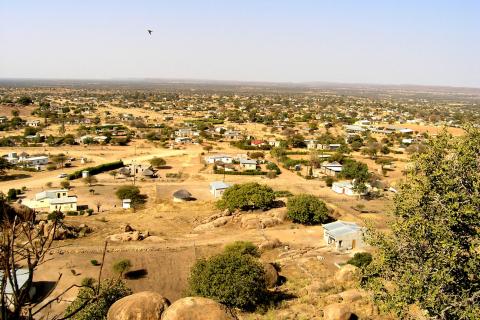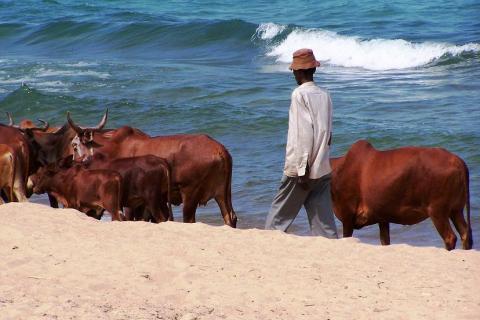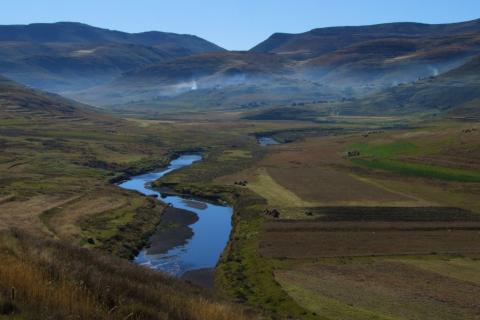Sri Lankan military continues to ban Tamil villagers from entering their own land
The Sri Lankan army and forestry department has continued its ban on Tamil villagers of North Nedungeeni Vedivaithakal in Vavuniya from entering the village.
Although residents in the area have proof of their lands, the army has set up camp in the village and continues to prevent people from entering the area. Some 15 families who attempted to clear their own land to relocate there using a permit from the Divisional Secretary, were denied entry by the army and the forestry department.









